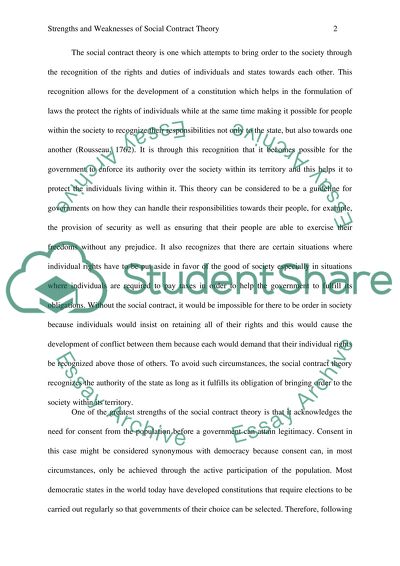Cite this document
(“What are the strengths and weaknesses of Social Contract Theory Essay”, n.d.)
Retrieved de https://studentshare.org/social-science/1678533-what-are-the-strengths-and-weaknesses-of-social-contract-theory
Retrieved de https://studentshare.org/social-science/1678533-what-are-the-strengths-and-weaknesses-of-social-contract-theory
(What Are the Strengths and Weaknesses of Social Contract Theory Essay)
https://studentshare.org/social-science/1678533-what-are-the-strengths-and-weaknesses-of-social-contract-theory.
https://studentshare.org/social-science/1678533-what-are-the-strengths-and-weaknesses-of-social-contract-theory.
“What Are the Strengths and Weaknesses of Social Contract Theory Essay”, n.d. https://studentshare.org/social-science/1678533-what-are-the-strengths-and-weaknesses-of-social-contract-theory.


